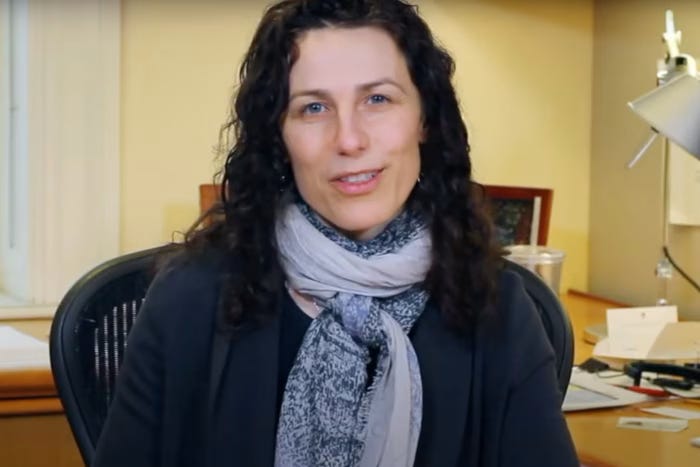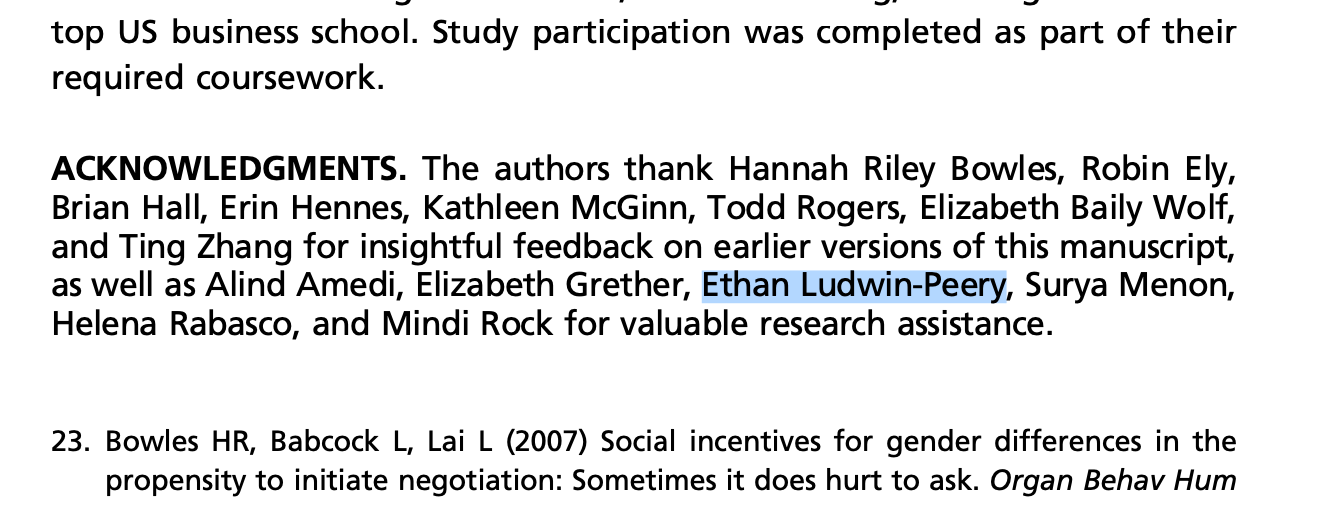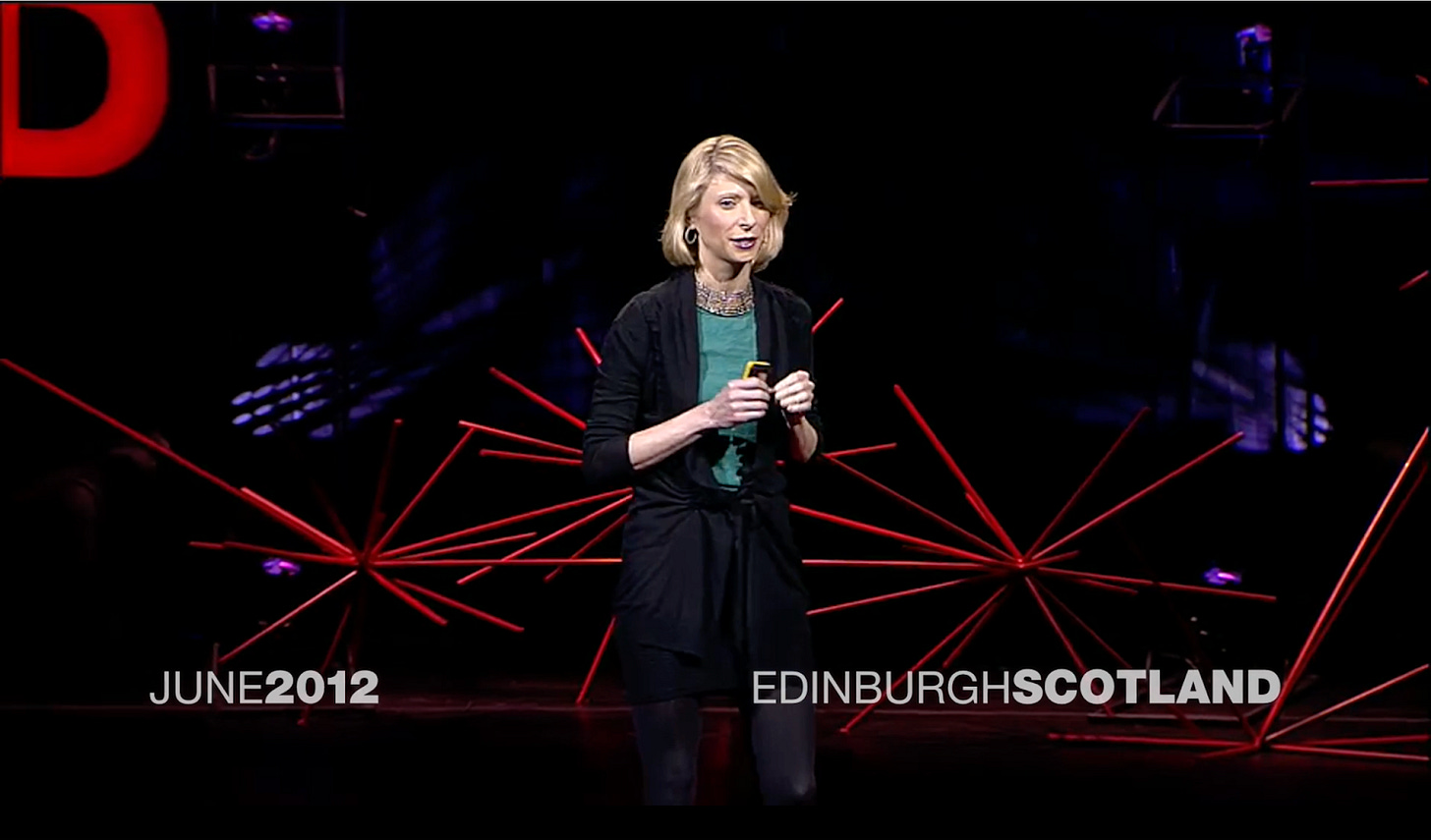How I Ended Up Weirdly Close to the Replication Crisis
I'm at the old world dying; I'm at the new world struggling to be born
Last week, after years of fraud allegations, and an 18-month investigation that found her responsible for research misconduct, Harvard Business School revoked the tenure of professor Francesca Gino.
It started with a series of blog posts from the psychologist-bloggers at Data Colada, alleging fraud in her papers. “We believe that many … Gino-authored papers contain fake data,” they wrote at the time. “Perhaps dozens.” Since then, several of her papers have been retracted, her data has been picked over by outside forensics, and Gino has sued both the bloggers and Harvard for $25 million.
Life has many strange coincidences, and one of mine is that I worked for Francesca Gino. I was fresh out of college, and had just gotten a part-time job as a research assistant at Harvard Business School. The professor I was working with had just started collaborating with Gino, and they wanted to bring me on to do some of the legwork. So I joined the project.
I can’t remember what kind of RA work I did, but I do remember I had at least one meeting with Gino, maybe more than one, where we discussed the research. That part of the memory is unusually clear; I could probably go back to HBS and find the room where it happened.
I barely knew Gino at all, but in a way, I was strangely close to these events. When I was studying psychology as an undergrad, Gino’s research was some of my favorite. I knew all her papers. My senior thesis project used materials from one of her studies. When I sent Gino a cold email to ask for the number-matching task she sometimes used to measure cheating, she responded right away, and kindly sent me the MS Word doc containing the task. I’m even in the acknowledgments of one of her papers. Look:
Remember Amy Cuddy? Champion of “power posing”, until that entire literature fell apart? Star of the erstwhile most popular TED talk of all time (currently at 74.5 million views)? Practically the poster child for the replication crisis?
I briefly worked for her too. This was 2012, and I was a summer research assistant at a lab in the Harvard school of government. But HBS professors sometimes ran their studies in our lab space, and the interns were sometimes loaned out to do RA tasks for people at different places around the university.
So for about one month, my part-time research services were on loan to Amy Cuddy. According to my notes from the time, I spent those hours coding videos, though I don’t recall the videos or what I was coding. Another study that summer involved saliva collection — I remember asking participants to spit into the little tubes. This was probably for cortisol testing, a repeat feature of power posing research, so the saliva study might have been a Cuddy project too.
I met Cuddy herself at least once. I walked across the Anderson Memorial Bridge and onto the obscenely beautiful Business School campus, and ended up in a meeting room with glass walls. I didn’t put it together at the time, but this must have been shortly after she recorded her famous TED talk, maybe just days later. I remember one of the postdocs asked her, “How was Edinburgh?”, and she told him about her flight back.
To cap it all off, that summer I went to a talk by Dan Ariely (a major Gino co-author, who has also been accused of fabricating data), and got him to sign my copy of his book. I was just excited to meet the author of some of my favorite studies. I had no idea I was in the thick of it.
It’s easy to think that the takeaway of the Gino story is about the psychology research, or about the allegations of misconduct. That’s what most of the coverage leads with. And it’s easy to see why — “Professor Who Studied Dishonesty Under Investigation For Dishonesty” is a catchy headline.
Even so, I think those parts of the story are incidental. Francesca Gino happened to be at the center of the story in our timeline, but it could have been someone else. Many famous professors are just a hair away from being investigated for fraud.
To me, the real story is that for the first time in approximately 80 years, Harvard has revoked a professor’s tenure. In fact, it’s the first time Harvard has revoked any professor’s tenure since it introduced the concept of tenure in the 1940s. It’s almost unprecedented.
There have been a lot of high-profile scandals in the fifteen or so years of the replication crisis, but all of those stories ended differently. Admitted fabricator Diederik Stapel resigned his professorship. So did Brian Wansink of Cornell. Marc Tessier-Lavigne resigned as president of Stanford, but remained a tenured professor. Amy Cuddy “quietly left” her tenure-track job at Harvard. But Gino fought and forced their hand.
It was a different time. Remember when TED talks used to have cultural gravity? But this is now. Things are changing for higher education, for journalism, for the institutions of science. I think it is genuinely a different world.
I can’t tell you how this will end, but I do know something about how it began. Because for reasons I don’t totally understand, I was there.
This summer at FractalU Boston, I’m teaching a 6-week course called Welcome to the Replication Crisis. We’ll do close reads of the hits — the landmark papers, blog posts, and takedowns behind psychology’s recent identity crisis. You’ll leave the course with a forensic eye for p-hacking, replication failure, and the forces reshaping how science gets done.
If you’re in the Boston area this summer, there’s still room to sign up! I’d love to have you join us.




